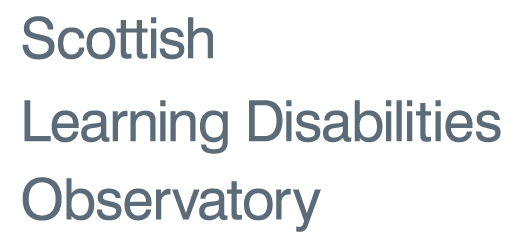Management of long-term conditions in primary health care for adults with learning disabilities compared with the general population

Background
The UK general practitioners contract included a pay for performance element for management of long-term conditions, according to best-practice indicators, defined by the Quality and Outcomes Framework (QOF). This study uses QOF to measures good practice for adults with learning disabilities compared with the general population at two time points.
What we did
Patient records of adults with learning disabilities registered with participating general practices were extracted and analysed in 2010 (n=721) and in 2014 (n=3,638) to determine management of long-term conditions according to QOF indicators. Comparisons at both times were made with the general population from the same health board. Additionally, they were compared over time, and with the general population in 2014, using Fisher's Exact test and ordinal regression.
What we found
Management improved for adults with intellectual disabilities over time (OR = 5.32; CI = 2.69–10.55), but not for the general population (OR = 0.74; CI = 0.34–1.64). However, it remained poorer, but to a lesser extent, compared with the general population (OR = 0.38; CI = 0.20–0.73 in 2014, and OR = 0.05; CI = 0.02–0.12 in 2007–2010). In 2014, health care was comparable to the general population on 49/78 (62.8%) indicators.
What these findings mean
High quality management of long term conditions is essential to maintain and improve health. The healthcare inequality gap between people with learning disabilities and the general population narrowed between 2010 and 2014, though people with learning disabilities still experienced poorer management of their long term conditions.
For more information about this research, contact Laura Hughes-McCormack
Page updated 23 August 2022
